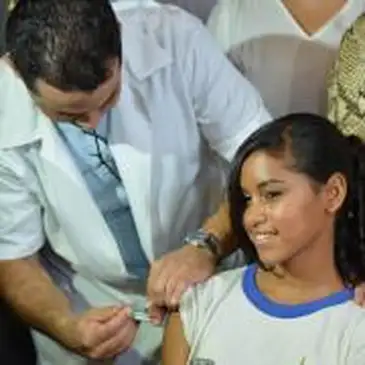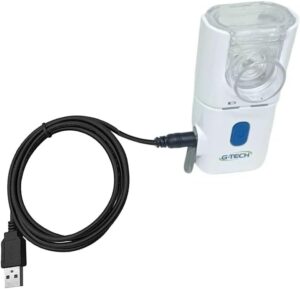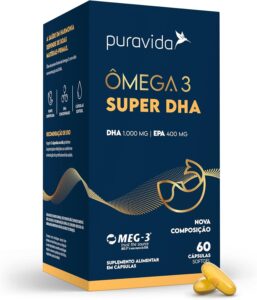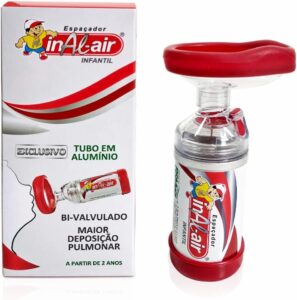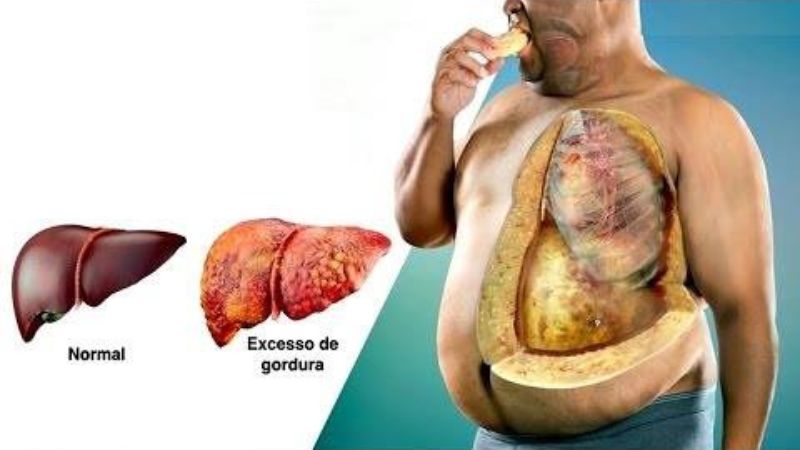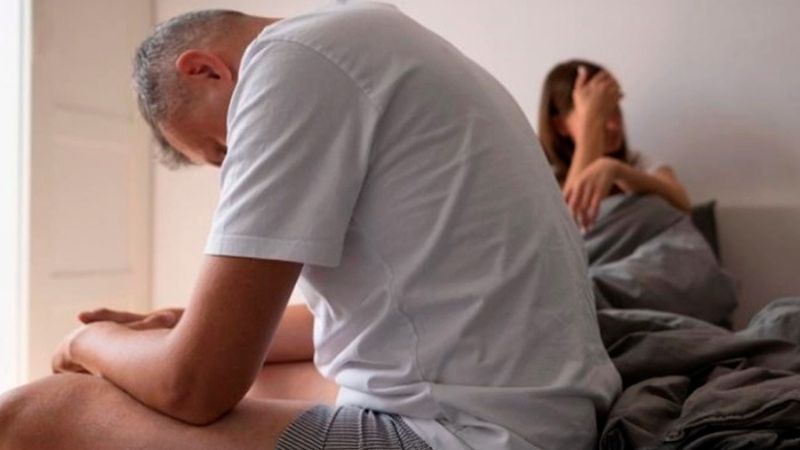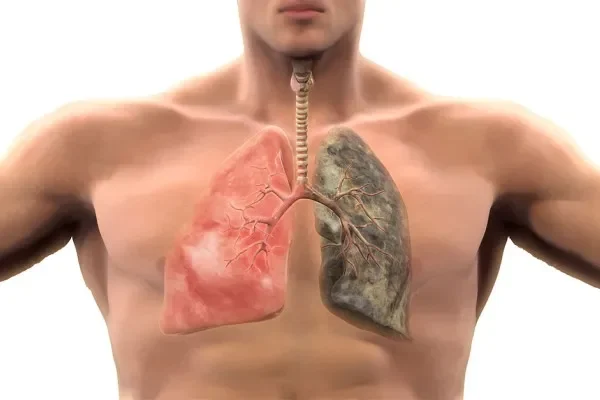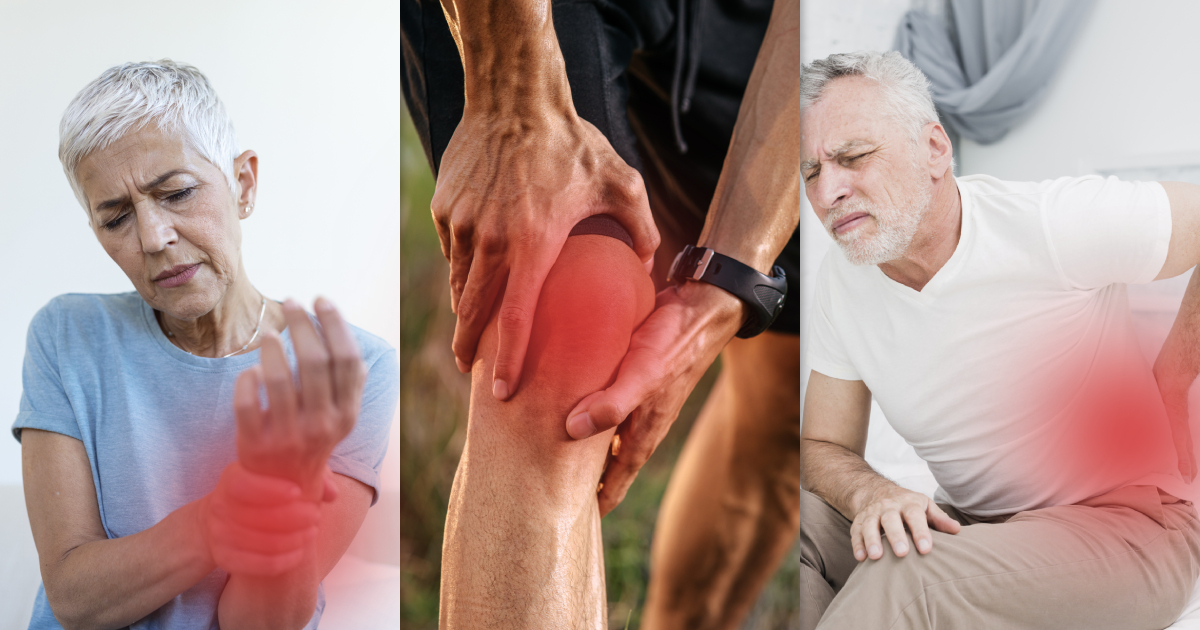A study conducted between 2019 and 2023 analyzed data from Brazil’s public healthcare network, the SUS, on more than 60 million women aged 20 to 24 each year to assess the impact of human papillomavirus (HPV) vaccination in Brazil. The research involved scientists from the Oswaldo Cruz Foundation (Fiocruz), with support from the Royal Society of London and the National Council for Scientific and Technological Development (CNPq).

The results indicated that vaccination reduced cervical cancer cases by 58 percent and severe precancerous lesions (CIN3) by 67 percent.
Published in The Lancet, the research indicated that the vaccine’s effect was consistent even before the recommended screening age of 25. According to the researchers, the results demonstrate the vaccine’s potential as one of the most effective public health strategies for saving lives and reducing inequalities in access to healthcare.
“The impact observed in Brazil confirms that HPV vaccination is effective not only in high-income countries but also in settings with limited resources. This is a fundamental step toward the global elimination of cervical cancer,” the study authors emphasize. The analysis was conducted by researchers from Fiocruz Bahia, including Thiago Cerqueira-Silva, Manoel Barral-Netto, and Viviane Sampaio Boaventura.
Advances
Since 2014, the National Immunization Program (PNI) has offered the HPV vaccine free of charge through the SUS. In 2024, Brazil adopted a single-dose regimen in line with the latest scientific evidence. In 2025, new guidelines expanded vaccination to adolescents aged 15 to 19, as well as to priority groups such as users of HIV Pre-Exposure Prophylaxis (PrEP), immunosuppressed individuals, and patients with recurrent respiratory papillomatosis.
Cervical cancer remains the second most common cancer among Brazilian women and is one of the leading causes of female mortality. Vaccination is a crucial tool for reducing health inequalities and bringing Brazil closer to the World Health Organization (WHO) goal of eliminating the disease as a public health problem.
Vaccine
It is estimated that 50 percent to 70 percent of sexually active people will be exposed to HPV at some point in their lives. The vaccine protects against up to 98 percent of the most dangerous oncogenic types.
Vaccination against HPV is the most effective way to prevent infection. The vaccine is provided free of charge by the SUS and is recommended for:
- Girls and boys aged 9 to 14;
- Women and men living with HIV;
- Recipients of solid organ or bone marrow transplants;
- Cancer patients aged 9 to 45;
- Victims of sexual abuse;
- Immunocompetent individuals aged 15 to 45 (men and women) who have not received the HPV vaccine or have an incomplete vaccination schedule.
Source link
Você pode se precisar disso:
Produtos Recomendados
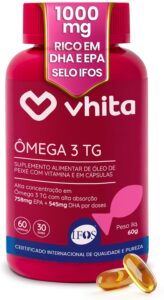
Ômega 3 1000mg Rico em EPA DHA com Selo IFOS e Vitamina E – 60 cápsulas Vhita-radardasaude
Ver na Amazon* Links de afiliado. Podemos receber uma comissão por compras qualificadas.
Conteúdo Indicado

